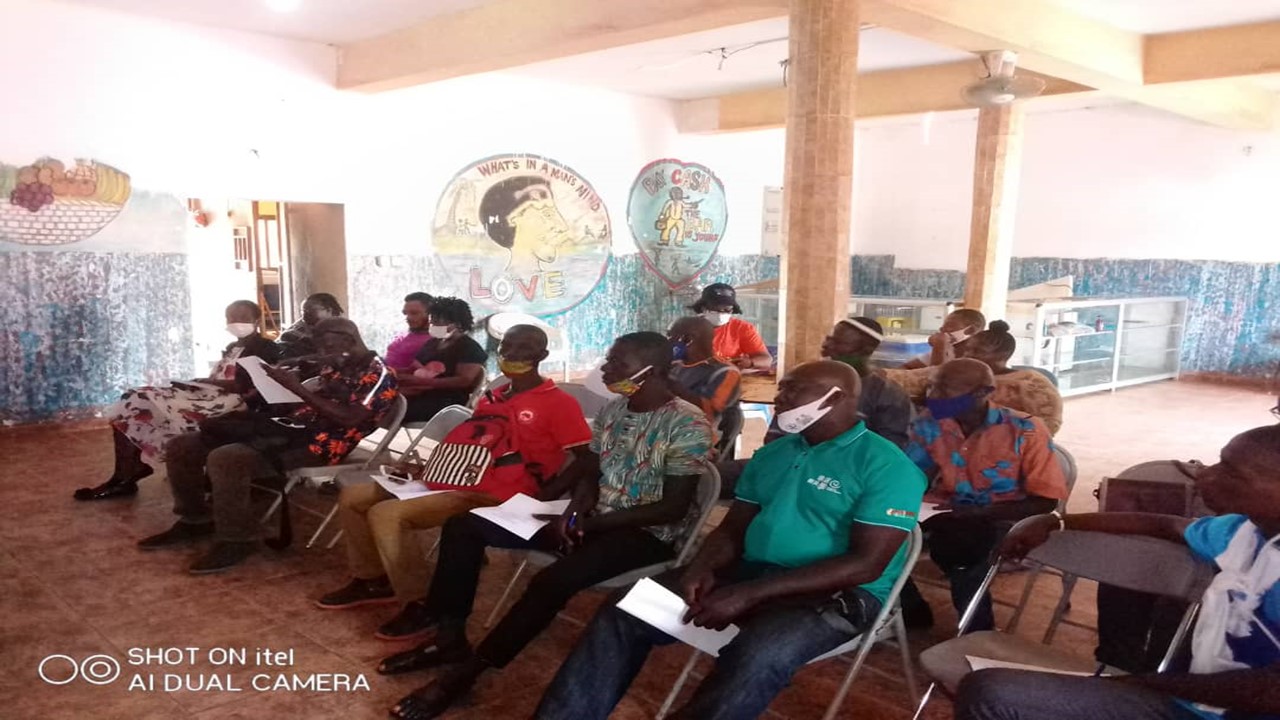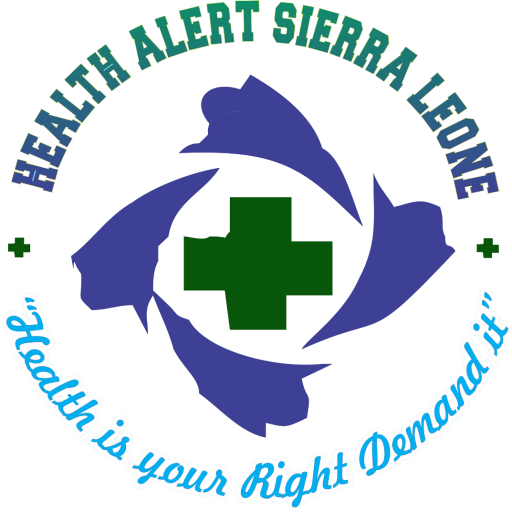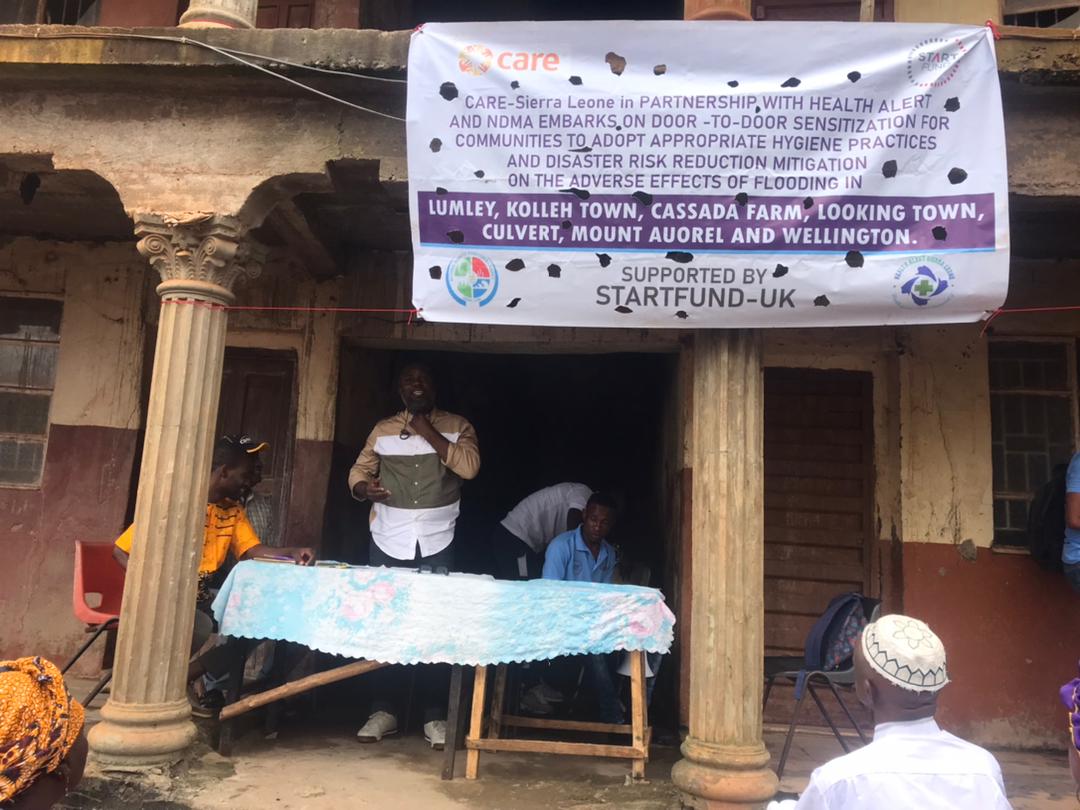Overview
Health Alert, with support from CARE International, implemented the COVID-19 Prevention and Response Project in Sierra Leone’s Western Area Rural District from December 1, 2020 to June 30, 2021. The project aimed to strengthen the health system’s response to COVID-19 and support community awareness and resilience.
Key Objectives
Strengthen the health system in Sierra Leone to respond to the COVID-19 epidemic
Support community awareness and resilience to COVID-19
Key Achievements
Identified hotspots and catchment areas with support from the District Health Management Team (DHMT) and District Coronavirus Emergency Response Center (DiCOVERC)
Engaged DiCOVERC and DHMT for successful project implementation and coordination
Distributed IEC materials at the community level
Community health workers (CHWs) participated despite some being laid off by the government
Increased awareness, prevention, and control of COVID-19 in targeted communities through door-to-door and mass sensitization
Provided surveillance support to DHMT and DiCOVERC to strengthen their activities and create more awareness at the community level
Engaged the public on Sierra Leone Broadcasting Corporation’s popular current affairs program to discuss project activities and support from CARE International
Coordinated well with CHWs, stakeholders, and the project team for successful implementation at the community level
Informed communities about the availability of COVID-19 vaccines in the district and where to access them
Key Activities
60 house-to-house/small group sensitizations by CHWs in priority communities
30 mass sensitizations at chiefdom headquarters and big towns using public address systems
120 community meetings to prevent and control COVID-19
7 district-level stakeholder meetings for COVID-19 action (1 less than planned)
Challenges
High community expectations of receiving cash or in-kind support during meetings
Delays in receiving surveillance activity requests from DHMT, making it difficult to track vehicle logs
Relaxation of public health measures and reduced mask-wearing as the state relaxed some measures
Less sensitization on the availability and effectiveness of COVID-19 vaccines
Lessons Learned
Stakeholder involvement, especially councils and councilors, was key to successful implementation
In-charges at community health centers were integral to supervising CHWs at the community level
Community meetings provided a good platform for CHWs to interface with DHMT, DiCOVERC, and other stakeholders
Engaging communities helped inform people about the project and their roles during outbreaks
Financial and procurement training with CARE helped ensure swift financial and narrative reporting
Coordinating with other CSOs in the district strengthened accountability and ensured effective resource utilization
Door-to-door sensitization was timely in increasing awareness and reducing concerns about COVID-19 vaccination
Using local languages during campaigns helped communities clearly understand the messages
The project successfully increased awareness, prevention, and control of COVID-19 in targeted communities through various activities. However, challenges remain in maintaining public health measures and sensitizing communities about vaccines. Lessons learned will inform future community engagement efforts.
Health Alert’s COVID-19 Prevention and Response Project in Western Area Rural District


